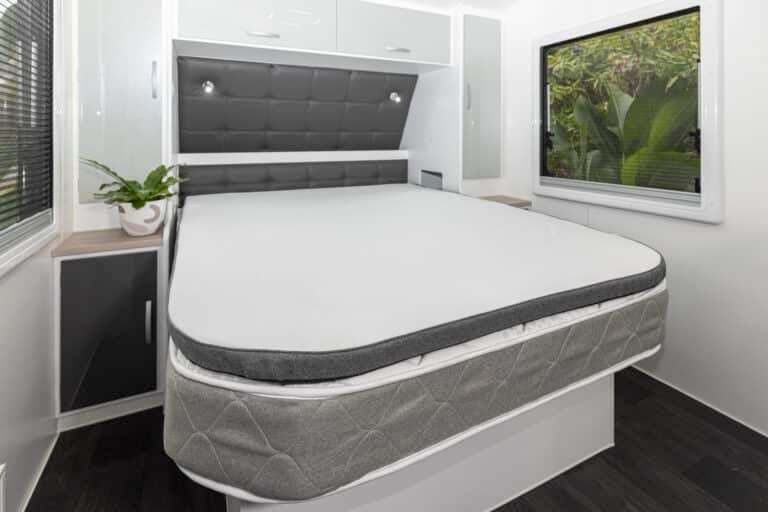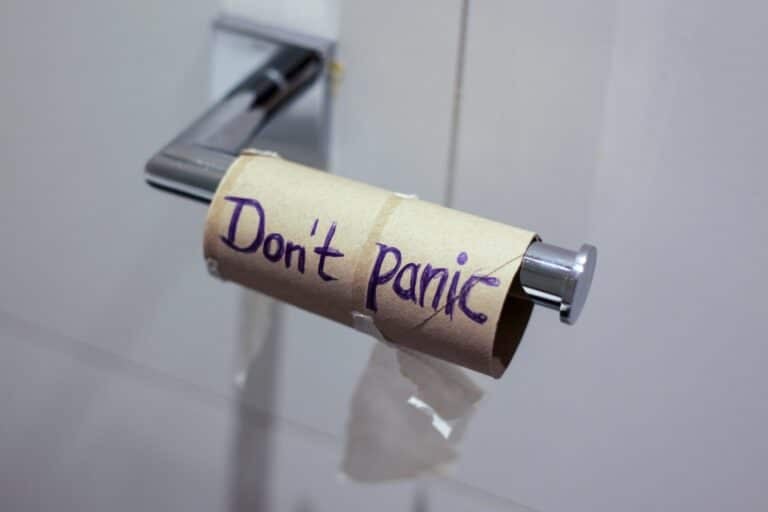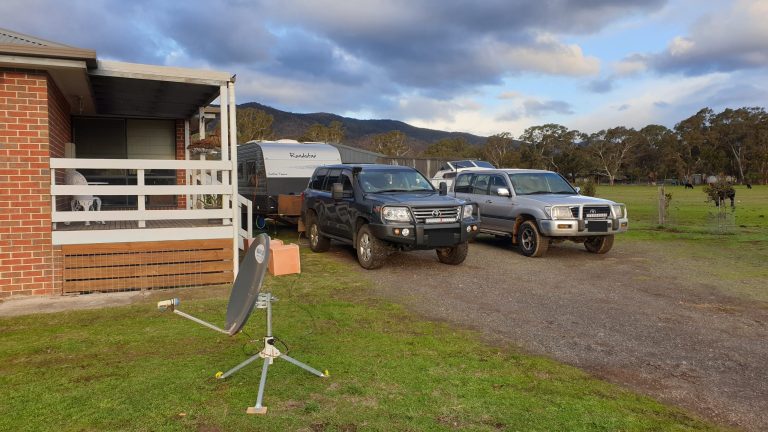
Living on the road can be very enjoyable but there are times when you need a change from the confines of your caravan. House sitting is a great way to have a break while you’re on your big break.
As most of our readers would know, my wife and I sold our home and chose a life on the road. We have a beautiful caravan that is spacious, comfortable, and has just about every modern convenience. It is no hardship living in our caravan. Even so, it can get cramped especially when sharing that confined spaced with two lazy dogs. There are times when we can use an opportunity to stretch our legs, for us and the girls. It is, for this reason, we decided early in our trip planning that we would get involved in house sitting.
House sitting is actually very popular around Australia. Many people need to take holidays and are not comfortable with leaving their homes unoccupied. Some may have pets that they cannot take with them and they require someone to look after them. Even owners of small farms who have no staff to fall back on need house sitters to look after their property and livestock. The variety of situations on offer is incredible. But how do you get into house sitting and what is actually involved? What sort of things can you expect and what are the costs. Here we want to give you an insight into our house sitting experience.
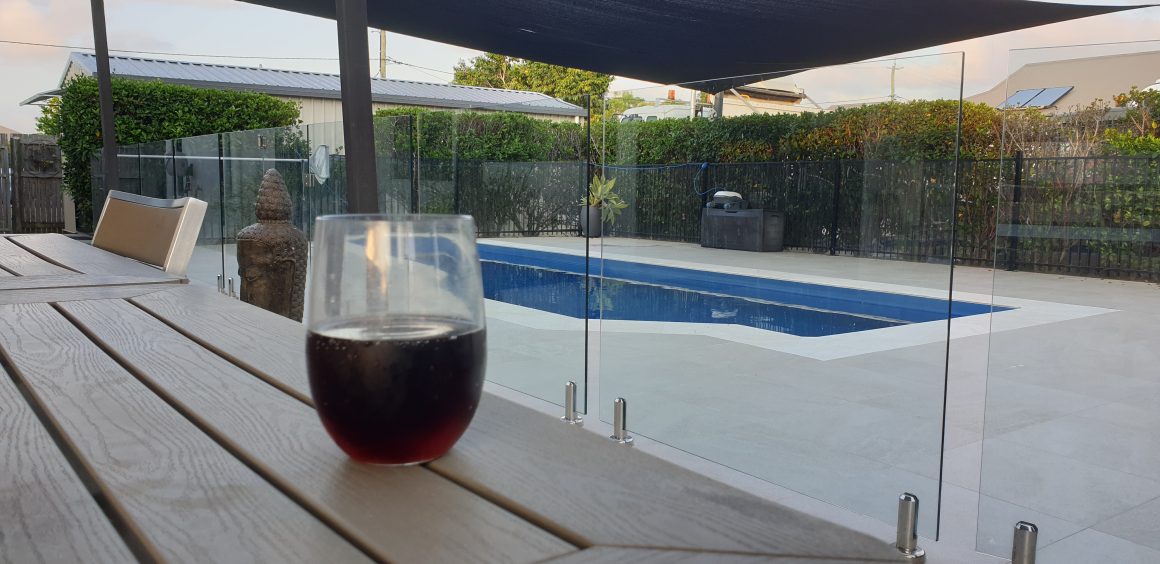
Who can get into house sitting?
Virtually any traveller, be they a solo traveller, a couple of any age or even a family can do house sitting. You will find there are house sitting opportunities so suit just about anyone’s circumstances. That said, it is important to ensure that the situation suits your family. For instance, the homeowner may not want to accommodate pets especially indoors. If you are travelling with children, there may not be enough sleeping quarters for all of them. You may have to look after their pets and if you have young children that may not be used to big dogs, it may cause you some issues. The good thing is that you have the ability to assess every house sitting offer and decide if it suits your circumstances.
How do you find house sitting opportunities?
- Join a house sitting website such as Aussie House Sitters. It may cost you an annual fee but you will make that money back in no time. It is a worthwhile investment.
- Join one or more of the many house sitting groups of Facebook.
- Use word of mouth. Let your family and friends know you are living on the road and offer to house sit for them or their friends.
- Sharing your travels on a blog or social media can also attract house sitting offers.
- If you have a successful house sit, you can always tell the homeowner to contact you if they need house sitting services again in the future.
What responsibilities do house sitters have?
As a general rule, the homeowner will expect you to maintain the house in the condition in which you found it. That is to keep it clean and tidy and everything in working order. You will need to take out the rubbish bins for collection, vacuum the carpets, mop the floors, keep the kitchen clean and water the gardens. If you use it, replace it. If you break it, fix or replace it. When you leave the house during the day, ensure it is locked and secure. If you treat the house better than you would your own home, you should be meeting your responsibilities.
For ourselves, we tend to keep our use of the house to a minimum. We prefer to sleep in our caravan rather than expect to use the homeowner’s beds and linen. We do use the kitchen if the owner is ok with that and we do use the living room and bathroom. That’s about it. We avoid using any tools or equipment in the shed unless it is required as part of the sitting arrangement. You may be required to maintain the lawns so using their lawnmower is a given in those circumstances.
As far as food is concerned, you should be prepared to provide all your own. Don’t expect the homeowner to feed you as well. That said, if the owners are leaving for an extended period of time, they may suggest that you use up any perishables remaining in the fridge. They may even allow you to use whatever else is in the kitchen such as condiments and sauces. If they do, that’s fine but we would suggest you keep this to a bare minimum and replenish what you use.
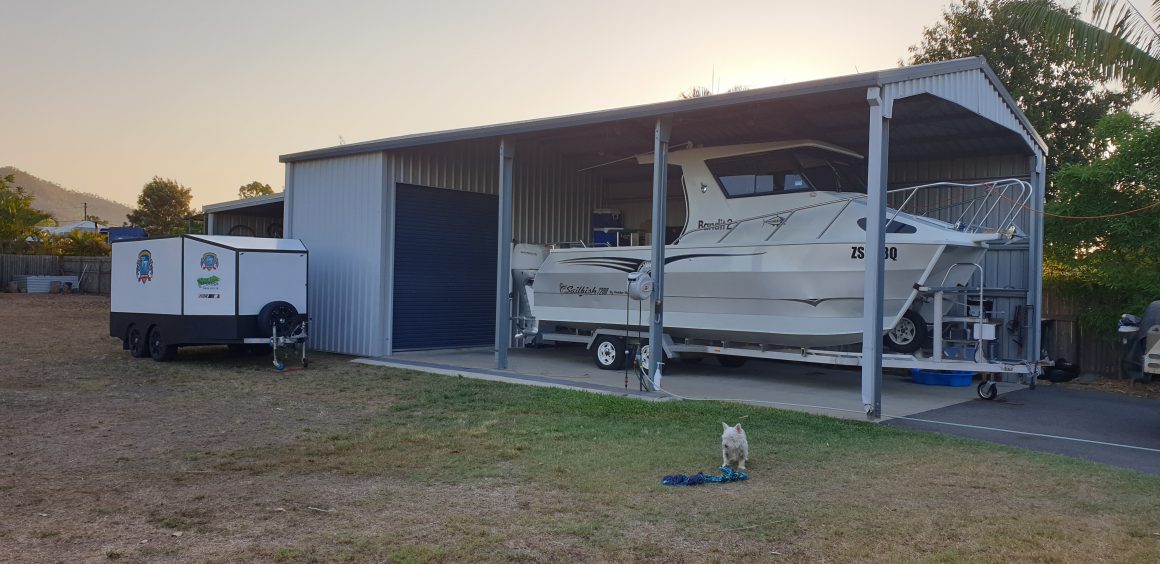
What should you expect from the homeowner?
As a minimum, most homeowners will allow you access to their house, use of the living space and access to their entertainment systems such as television, stereo and perhaps internet access. You should also be able to keep the house comfortable using heating and/or air-conditioning. Options will include sleeping quarters, use of the kitchen and use of any outdoor facilities such as swimming pools, outdoor BBQ or children’s play equipment. Obviously, that will be on the proviso that you keep those facilities clean and in working order. If you have never maintained a swimming pool before, best avoid using it.
The homeowner should also provide you with a list of contacts in the event of an emergency. This will include someone local who can come to the house if needs be or a vet if you’re looking after their pets. They should also give you a mobile telephone number to contact them in case you need to ask a question about the property itself.
Depending on the nature of the house sit, the homeowner may even leave you with some cash to use for any minor repairs or other expenses. If you’re house sitting on a farm or large property, this money may be used to buy animal feed, bottled gas, or to pay for emergency maintenance services like plumbing, septic tank issues or pool cleaning.
In our experience, we have found the homeowners to be very generous. Some have even allowed us to use their cars especially if it is required as part of maintaining their property.
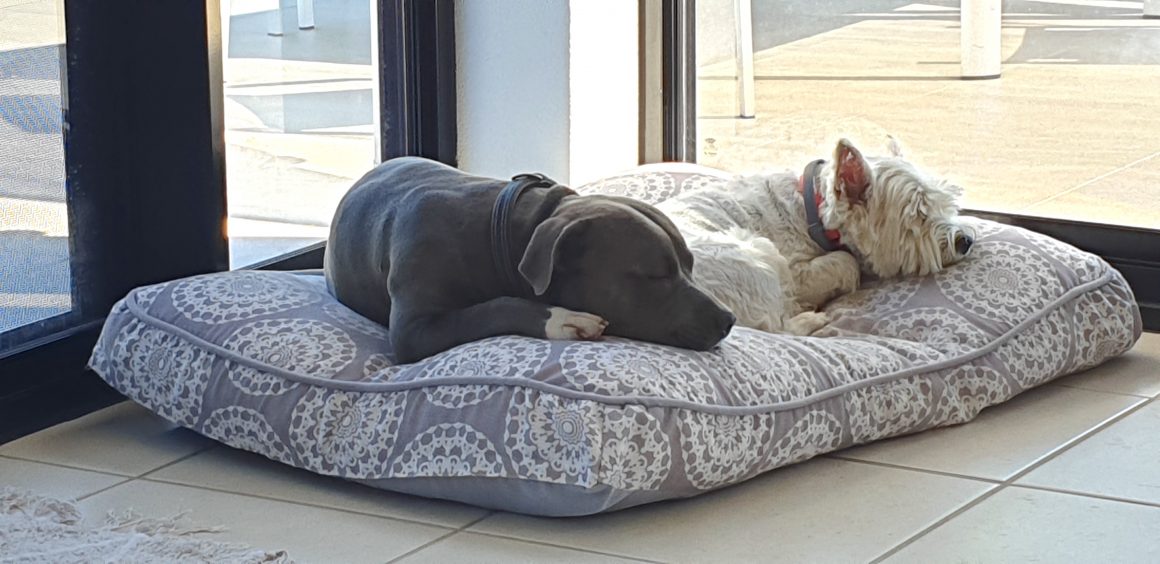
What do you do with your RV?
This is a very important consideration when it comes to deciding if the house sit opportunity is suitable for you. Most homeowners will not look for caravanners to do house sitting for them without having some provision for the sitters to park their rig. It certainly hasn’t been our experience. That said, what some homeowners consider to be plenty of room for a caravan can be vastly different to the reality of what you may need. With farms and large properties, you shouldn’t have any issues but residential houses can present a big problem especially if they live in a narrow suburban street.
Getting your RV onto the site is one thing. The next thing to discuss is whether or not they are happy for you to use their services. Again we have never had an issue tapping into the household water and electricity but don’t assume it’s OK. Always ask.
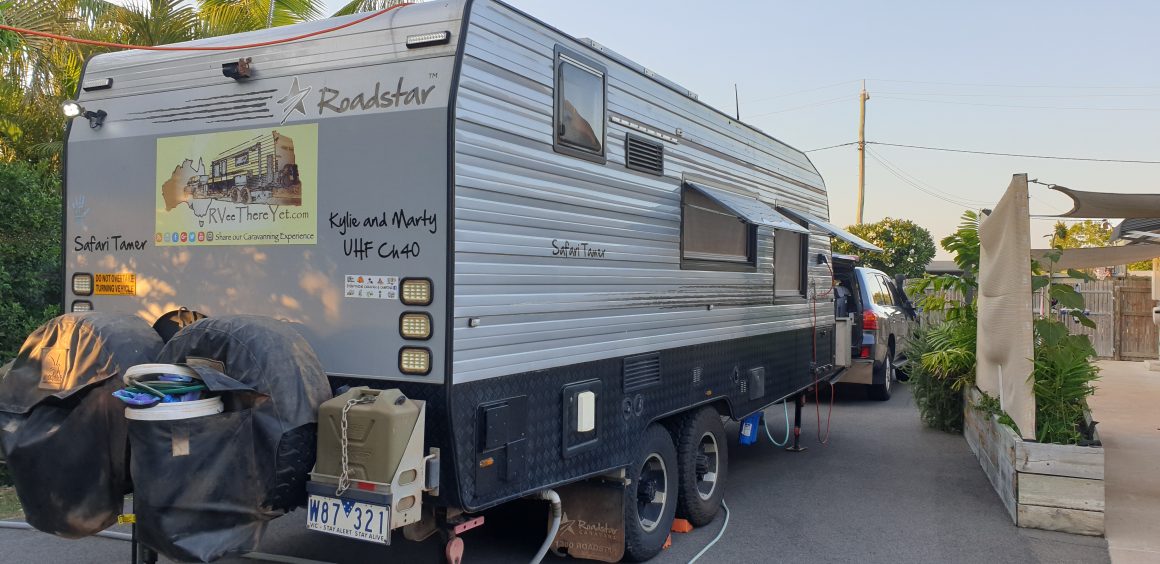
What about the bills and other expenses?
This is a tricky question and one that you should discuss with the homeowner. In our experience, we have never been asked to pay for utilities such as electricity, gas or water. That said, the longest house sit we have done was for six weeks. If you’re staying at a house for 3 months or longer, it may not be unreasonable for the homeowner to ask you to pay for the utilities you use. I’ve never heard of it happening so I expect it would be the exception rather than the rule.
Do you get paid to do house sitting?
I can well imagine there are travellers out there who may ask for payment to look after someone’s house but we are not like that. We have never asked for payment. But we have never been asked to pay for anything either, apart from food and personal items. As far as we are concerned, the free use of the homeowner’s utilities and facilities is a fair exchange for us to look after their property. If you consider what it costs to stay at a caravan park for a week, a cost you do not have to pay while house sitting, it’s not a bad way to substantially reduce the cost of your trip.
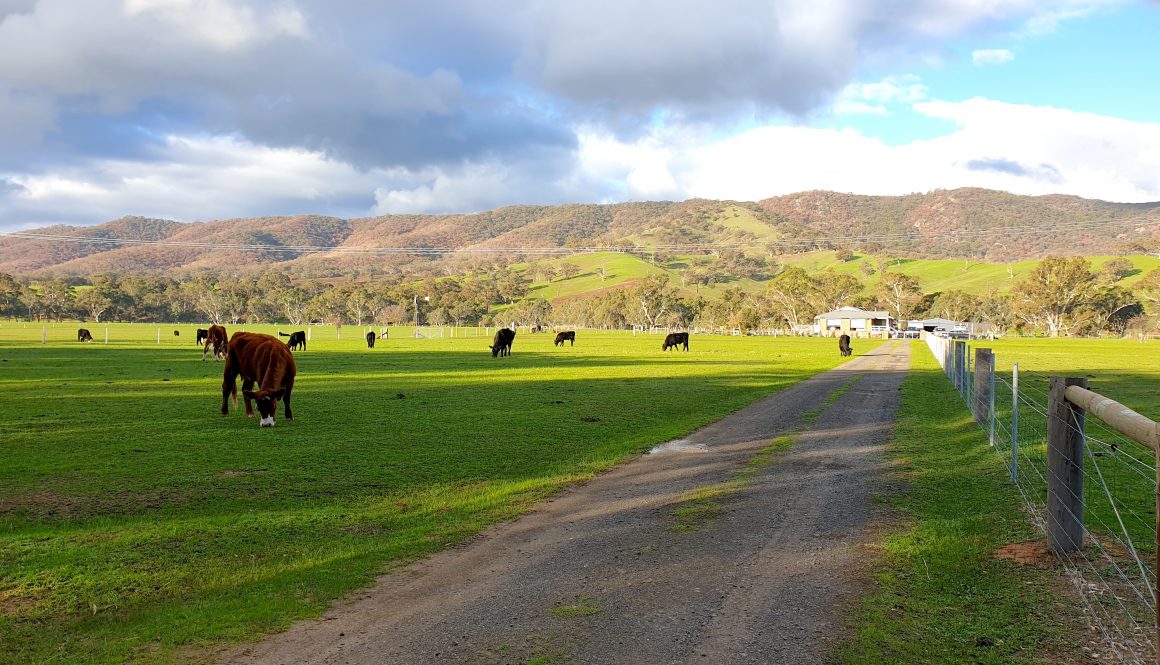
What happens if you need to leave a house sit early?
This is a very serious consideration and one you must contemplate prior to agreeing to do any house sitting. For instance, what happens if you have a family emergency back home that requires you to leave early? Our position is that, if that happens, one of us MUST stay behind for the duration of the house sit. It is that simple. You may be able to organise a replacement house sitter but only do so with the homeowner’s full knowledge and consent. You have made a very serious commitment to the homeowner and they have placed a lot of trust in you. You must respect that.
Questions to ask before committing to a house sit
This is a list of the questions we ask homeowners before committing to a house sitting opportunity. This is not an exhaustive list but should be enough to give you somewhere to start and ensure you have covered off all bases.
- What is the period of the house sit? (start and end date)
- What is the address of the property?
- What is the proximity to shops and other services?
- Is there space to park your rig on the property?
- Are the homeowners happy for you to plug into their power and water?
- If looking after pets, ask about the breed(s) and temprement especially if you have pets of your own.
- What maintenance would the homeowner want you to do? Lawn mowing? Pool cleaning?
- What day do the rubbish bins go out for collection?
- How do they want you pay for any emergencies such as repairs or maintenance to the house or vet bills for any pets?
- If they are happy for you to use their internet services, ask for the WiFi password.
- Are there any perishable food items that they want you to use up?
- Can you use the kitchen appliances for cooking?
- Would they prefer you to sleep in your RV rather than the house?
- Are there any areas of the property that are off limits?
- Will they leave credit card details with the local vet to pay for any pet medical bills?
- Are they happy for you to make a judgement call on any life/death decisions for pets in your care?
- Make a list of emergency contacts. Neighbors, closest family member, prefered local vet, gas bottle supplier, utilities, etc.
- Have they advised the neighbors that you are looking after the house while they are away?
We would always recommend that you organise a time to meet the homeowners in person before you commit to a house sit. It gives you a chance to discuss their expectations as well as any other matters particular to that property.
You should also be prepared to give the homeowner a copy of a recent police or criminal history check. While these do not have a specific expiry date, most professional organisations require that they are no older than three months.
Useful links
- Aussie House Sitters – the largest pet and house sitting site in Australia
- Australian National Character Check – Australian Police Checks online
- House Sitting Australia Facebook Group – over 32,000 members
- Farm Sitting Australia Facebook Group – over 8,700 members
A word of caution
You must be prepared to find a house that may not be maintained to the same standards as you would expect. To be blunt, they may not clean their house as thoroughly as you may clean your own home. Unless you have the opportunity to inspect the property before committing, you should expect the worst and be ready to put up with it.

Hot Tip: If you intend to do a lot of house sitting, buy yourself an Ampfibian power adaptor. This will allow you to plug your caravan or motorhome into a standard 10-amp household power outlet legally and safely. For more information, visit the Ampfibian website.
To sum up
My wife and I have done several house sits over the last three years. They have ranged from a small, two-bedroom home in Katherine during the wet season to a six-week sit at a hobby farm in regional Victoria looking after 20 head of cattle and a dozen chooks. All have had the challenges and their rewards. We have made some great friends with the homeowners and, best of all, we have saved thousands of dollars in accommodation fees.
House sitting may not be for everyone but it is something you should consider doing as part of your big trip or life on the road.
Safe travels.



